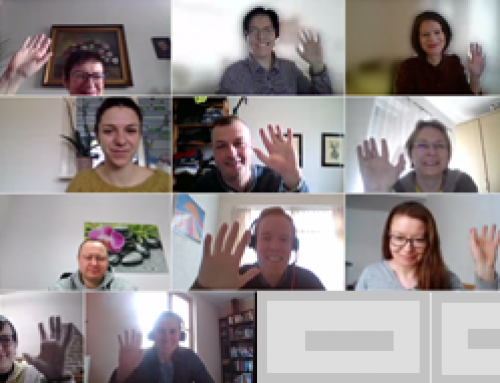New deliverable: Summary report on specific interventions
Deliverable D5.5 has been delivered to the European Commission
The bioeconomy involves the integration of various knowledge areas, policy fields and economic sectors (agriculture, forestry, waste management, wood industry, food industry, chemical and biotechnology). Apart from this, other structural components come into play to make its effective implementation possible, such as infrastructure (transport and logistics, biomass management, research and technological development, etc.), effective information dissemination, education and capacity building, creation of new markets, among others. This poses great challenges in its implementation at the national and regional levels, which not only require great political coordination efforts, but also actions that generate synergies between stakeholders who have traditionally remained in their own silos, and promote learning processes on how to work together in the development of new value chains, with interdisciplinary methods.
Regions with a high level of development in bioeconomy, such as those presented in this report, are leading the way in finding paths for an integrated bioeconomy implementation. Regions are driven to establish or update their bioeconomy strategies by challenges of their contextual case, as well as by regulation, sustainability requirements, the development of new value chains that make the most effective use of renewable resources, the contributions to climate change mitigation and to support the further development of collaborative platforms and development of skills.
In this report, the five Western and South European regions participating in POWER4BIO are featured, namely Andalusia (Spain), Bavaria (Germany), Saxony-Anhalt from Central Germany (Germany), Flanders (Belgium) and Piemonte (Italy). In addition, another region has joined the analysis process under the leadership of SPRING Cluster (IT) and is also included in this report, Friuli Venezia Giulia. For each region is presented, their regional status regarding bioeconomy, encountered challenges and specific interventions taken by the regions themselves and/or recommended during the development of the project. The interventions have been developed in following categories for four of the regions:
• Mobilization and cooperation among stakeholders
• Training Skills and Expertise
• Policy framework and legislation
• Funding and Financial instruments
• Business development and markets
• Biomass supply, availability, information and monitoring
To identify the interventions to be recommended for each region, the online Self-Assessment Tool from ESCSS, also used in Task 6.2 and previously with the Central and East European (CEE) project regions, was employed as a basis for a comparative analysis that would allow the regions to learn from each other. In particular, the region of Flanders has developed an overarching policy plan, which integrates the actual bioeconomy strategy in a larger framework, with a defined and ambitious vision of their bioeconomy to 2030 and promoting the sustainable and inclusive regional development. The region of Bavaria developed its new regional bioeconomy strategy, Future.Bioeconomy.Bavaria, with fifty planned measures that tackle much of identified challenges. Piemonte and Andalusia, are updating their bioeconomy strategies. Finally, the region of Friuli Venezia Giulia developed their own bioeconomy position paper, identifying the main focus and objectives of their regional bioeconomy and a perspective for future development.





